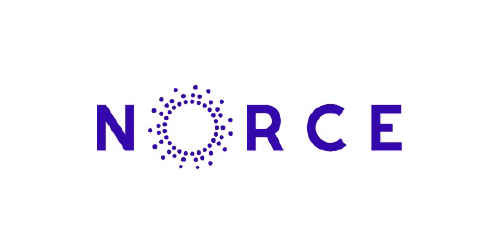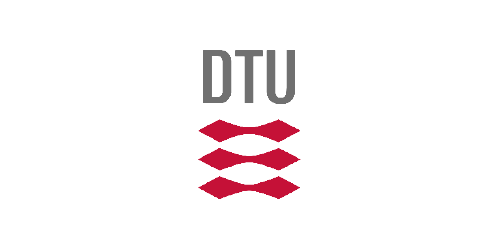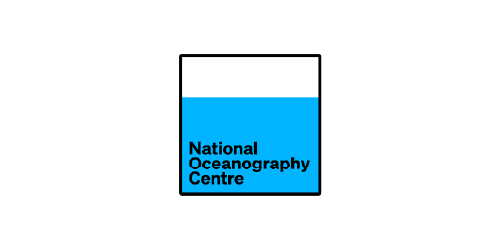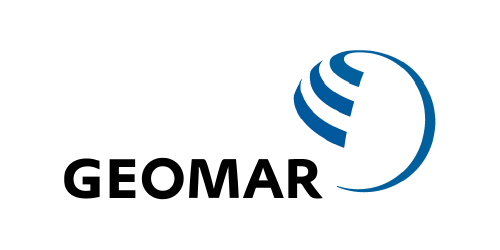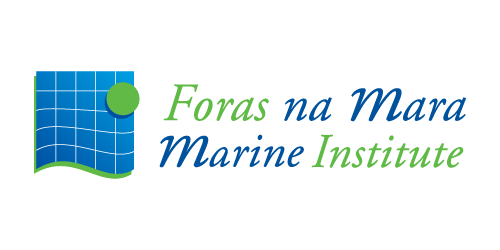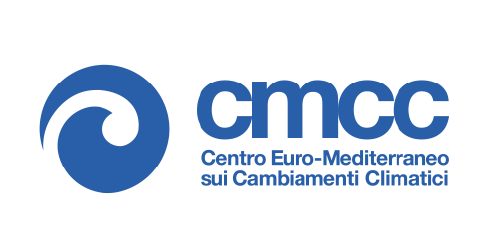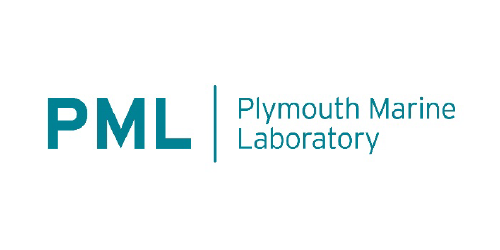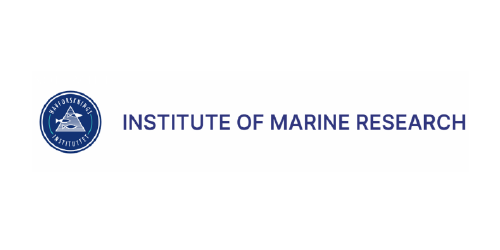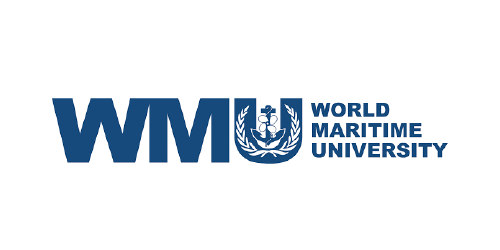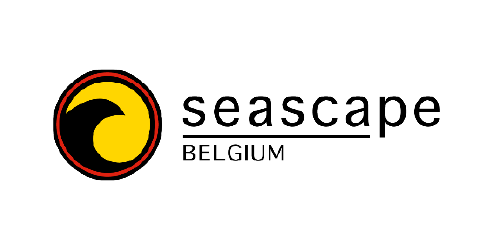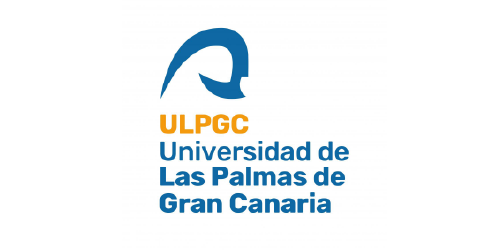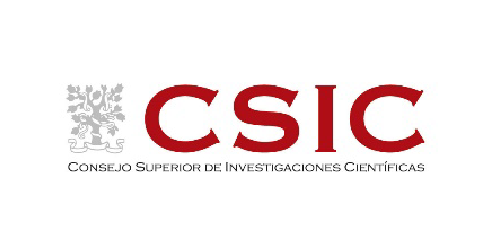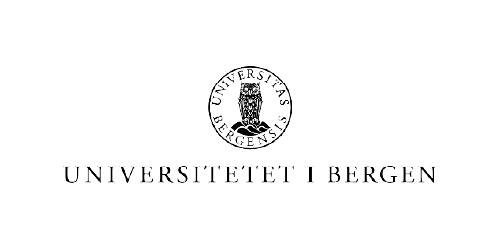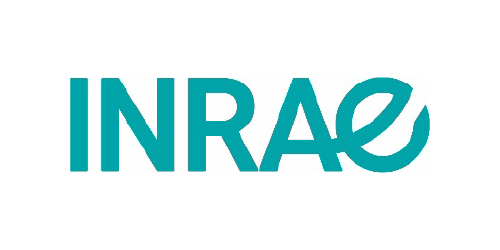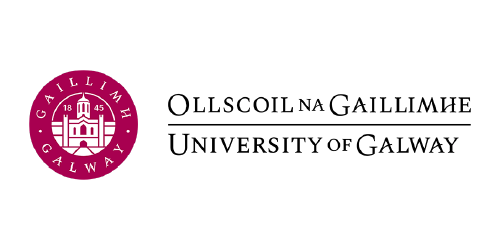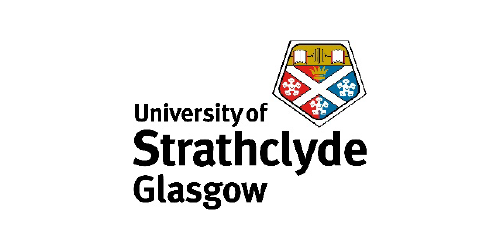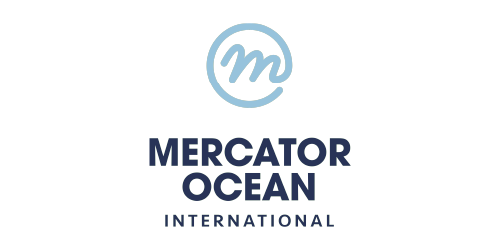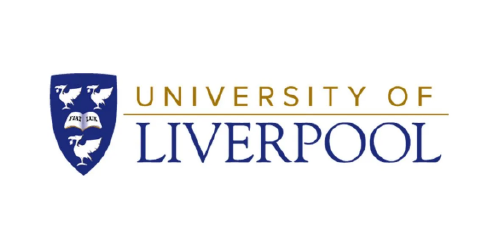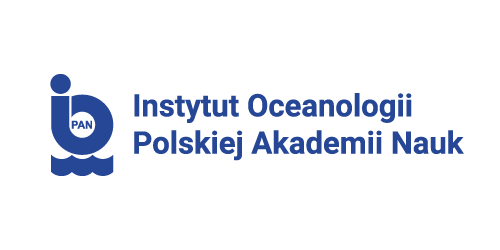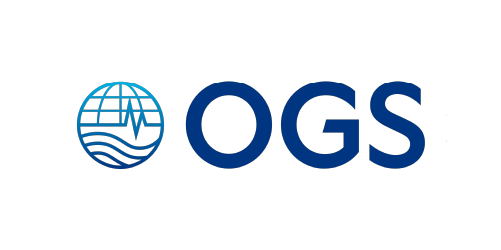OceanICU AS A FUNDAMENTAL
RESEARCH-BASED PATHWAY TO IMPACT
The Horizon EU OceanICU is a five year project that seeks to gain a new understanding of the biological carbon pump and its processes in order to provide fundamental knowledge and tools to help policy makers, regulators and Ocean industry–fishing and mining, along with the wider blue economy–manage and understand the impact of their actions on Ocean carbon. This will ultimately lead to a better approach for addressing climate change in alignment with the EU Green Deal to reduce the net emissions of greenhouse gases to Zero by 2050.
To undertake this complex objective, the OceanICU’s consortium of 30 partners brings together expertise and methods from different Climate Science, Ocean Biogeochemistry, Biological Oceanography, and Marine Ecology as well as the Ocean Modelling community, Social Science, Software Development and Data Science from around Europe.
The project team will actively engage with stakeholders in Policy, Industry and the Wider Society to assess the current understanding and needs of these stakeholder groups, and identify key emerging threats and trajectories and/or expected changes which may affect interactions with the Ocean carbon cycle. These findings will then be used to define scenarios of interest and societal relevance for use in Decision Support Tools for European and International decision makers; in addition the project outputs will be translated to knowledge and understanding that can be disseminated effectively to all stakeholders and the wider society.
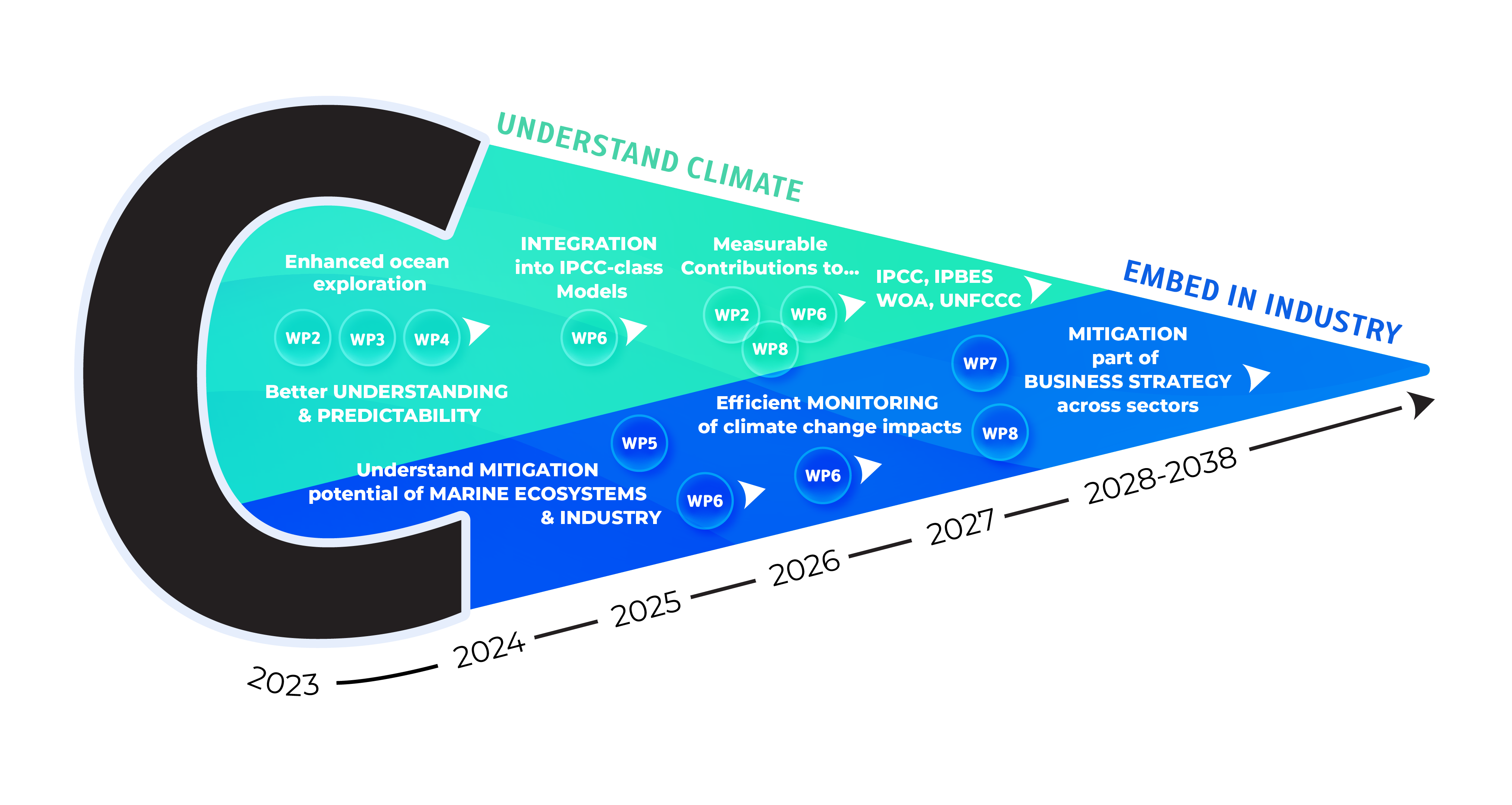
PROJECT VISION
Translate scientific understanding to inform managers and policy makers towards designing and implementing mitigation actions and influencing business strategies that benefit from marine climate and extraction services.
IMPROVE OUR UNDERSTANDING
Strengthening our ability to assess and understand the Ocean carbon cycle, integrate this new understanding into climate models and then to inform the IPCC and other international bodies in support of evidence- based policy making in the climate sphere
DELIVER DECISION SUPPORT TOOLS
Use this new understanding to create tools that enable marine industries and their regulators to understand the impact of their actions on the Ocean “C” Cycle, as a step towards being able to manage their activities to maximise carbon storage.
Objectives
OceanICU seeks to gain fundamental knowledge about the biological carbon pump and its processes, and to provide tools to help Scientists, Policy Makers, Regulators and Ocean Users manage and understand the impact of their actions and decisions on Ocean carbon and hence the global climate.
- Explore the role of key organisms across basin scales and quantify the past, current and future state of the Ocean carbon cycle, with a particular focus on the biological carbon pump.
- Use this understanding to give us increased predictability of the Ocean carbon cycle, particularly around the role of marine pelagic and benthic invertebrate and vertebrate carbon.
- Incorporate the new knowledge from above into OceanICU modelling tools (regional, basin scale and global earth system models) to resolve and quantify the importance of key biological processes on regional and global carbon cycles under a range of climate pathway scenarios and thus support the international intergovernmental architecture relevant for climate and Ocean management.
- Develop a suite of tools to predict the impact of resource extraction processes on the contemporary Ocean carbon cycle, the optimal measurement of the Ocean carbon cycle and build decision support tools (DSTs) to predict the impacts of industrial processes in a future ocean.
- Co-design, develop and deploy Ocean carbon DSTs with a broad range of stakeholders in the industrial, fishing and climate arenas as well as policy makers.
- Communicate OceanICU outputs in support of science-based management of human activities to protect and increase the role of the Ocean in carbon sequestration.

